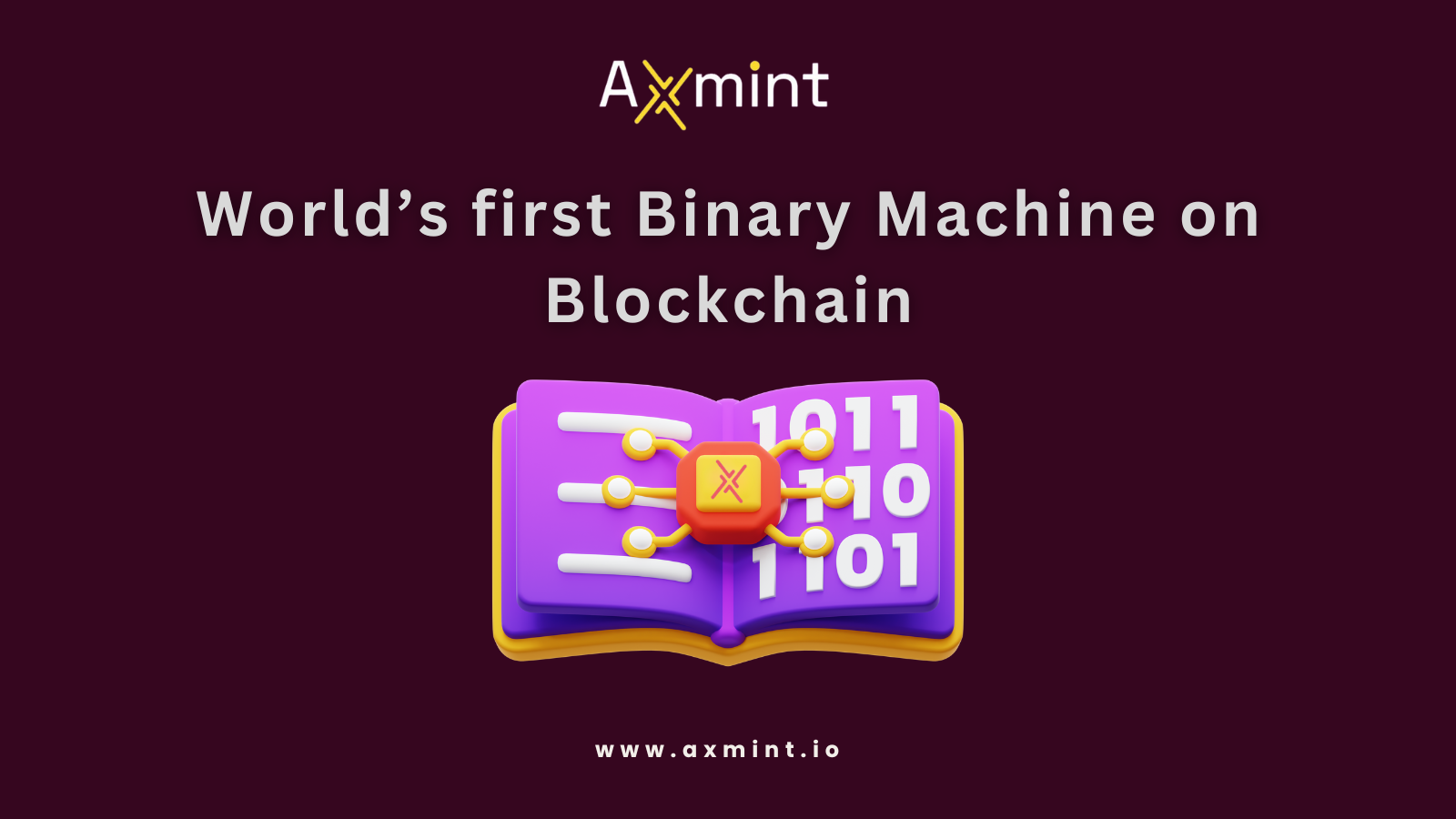World’s first Binary Machine on Blockchain
Integrating with community learning to educate users about Axmachine Blockchain Network.
Visit: http://axmint.io
#axmint #axmachine #axmintio #axmtoken #BlockchainEducation #Crypto $btc #joinusontwitter
Integrating with community learning to educate users about Axmachine Blockchain Network.
Visit: http://axmint.io
#axmint #axmachine #axmintio #axmtoken #BlockchainEducation #Crypto $btc #joinusontwitter
World’s first Binary Machine on Blockchain
Integrating with community learning to educate users about Axmachine Blockchain Network.
Visit: http://axmint.io
#axmint #axmachine #axmintio #axmtoken #BlockchainEducation #Crypto $btc #joinusontwitter
0 Σχόλια
0 Μοιράστηκε
5636 Views



